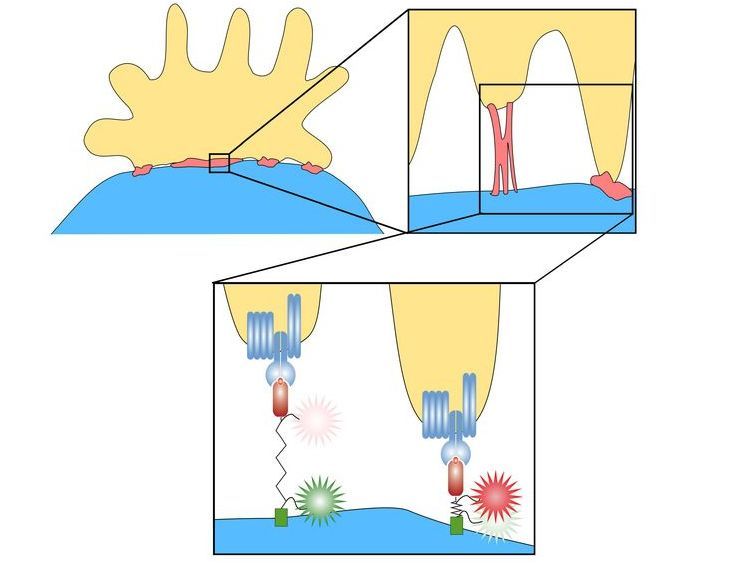Merck Provides Update on Program to Improve Biopharmaceutical Downstream Processing
Merck announced an update on its participation in Horizon 2020, the EU Framework Program for Research and Innovation, to improve biopharmaceutical downstream processing.
The nextBioPharmDSP, a consortium of seven public and private organizations, is developing a more efficient, cost-effective and environmentally friendly downstream process to manufacture monoclonal antibodies and biosimilars. Efforts focused on advanced analytical tools for process monitoring have already led to more publications and two patent applications, and additional publications and patent applications are being prepared in other areas of the project. The consortium has received approval for its 18-month periodical report, and the project was highlighted as a success story by the European Commission Directorate-General for Research and Innovation.
“The biopharmaceutical industry is facing pressure to reduce manufacturing costs and deliver greater efficiencies, all while being environmentally responsible,” said Udit Batra, Member of the Merck Executive Board and CEO, Life Science. “It is important for companies like Merck and our customers to help address industry-wide challenges and accelerate the process of getting drugs to patients in need. Through the Horizon 2020 program, consortium members are already delivering important advances for downstream processing.”
Collaboration outcomes will include reduction in the size and number of downstream unit operations as well as elimination of the need for centrifugation. Alternative approaches for the capture step are expected to improve efficiency and reduce the need for expensive resin volume. Capture via precipitation is also being studied as a replacement for protein A chromatography.
A disposable continuous chromatography system is in development with novel analytical tools and sensors, which are also implemented in other parts of downstream process. Single-use disposable technology for all downstream processing operations will be evaluated and flow-through approaches for polishing steps implemented, to remove impurities in a continuous way. Selected approaches will be integrated in a connected continuous downstream single-use process.
“Next generation bioprocessing strategies will improve our industry’s ability to efficiently and cost-effectively supply high quality medicines,” said Uroš Urleb, Global Head Technical Development Biosimilars in the Biologics Technical Development and Manufacturing Unit at Novartis. “The consortium is delivering new approaches to the conventional manufacturing workflow and we expect the results of our efforts will help address variations in capacity needs, enable sustained drug supply and offer important environmental benefits.”
The nextBioPharmDSP is part of the Horizon 2020 initiative, the largest EU-based program of its kind to date with nearly €80 billion of funding available over seven years (2014 to 2020). The program seeks to ensure Europe produces world-class science by removing barriers to innovation and collaboration between public and private sectors. It promises more breakthroughs, discoveries and world-firsts by taking great ideas from the lab to the market.
The project is coordinated by Lek Pharmaceuticals, a Sandoz company in Slovenia. Consortium members include Sandoz GmbH (Austria), University of Natural Resources and Life Sciences, Vienna (Austria), Karlsruhe Institute of Technology (Germany), National Institute of Chemistry (Slovenia) and National Systems srl (Italy). Merck participates in the consortium through its French subsidiary, Millipore S.A.S.
Most read news
Other news from the department business & finance

Get the life science industry in your inbox
By submitting this form you agree that LUMITOS AG will send you the newsletter(s) selected above by email. Your data will not be passed on to third parties. Your data will be stored and processed in accordance with our data protection regulations. LUMITOS may contact you by email for the purpose of advertising or market and opinion surveys. You can revoke your consent at any time without giving reasons to LUMITOS AG, Ernst-Augustin-Str. 2, 12489 Berlin, Germany or by e-mail at revoke@lumitos.com with effect for the future. In addition, each email contains a link to unsubscribe from the corresponding newsletter.
Most read news
More news from our other portals
Last viewed contents
Trimeresurus_stejnegeri
Synaptic_plasticity
Basal_(phylogenetics)
Trimeresurus_popeorum
Modern_Diagnostics






















































